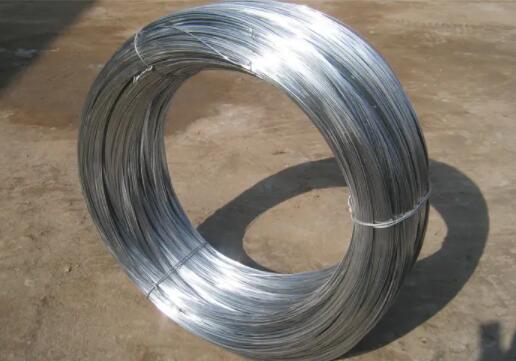Understanding Coil Roofing Nails An Essential Component for Roofing Projects
When it comes to roofing projects, the choice of fasteners is crucial for ensuring durability and strength. Among the various types of roofing nails, coil roofing nails stand out due to their efficient design and ease of use. In this article, we will explore the characteristics, benefits, and applications of coil roofing nails, emphasizing why they might be the ideal choice for your next roofing endeavor.
What Are Coil Roofing Nails?
Coil roofing nails are specialized fasteners that come pre-loaded in coils, making them ideal for use with pneumatic nailers. They are designed specifically for roofing applications, such as attaching shingles to roofs. Typically constructed from galvanized steel, these nails are resistant to rust and corrosion, making them suitable for outdoor use where exposure to the elements is a concern.
Key Features of Coil Roofing Nails
1. Variety of Sizes and Lengths Coil roofing nails are available in a range of sizes and lengths, allowing contractors to choose the best fit for their specific roofing materials and structures. Common lengths range from 1 to 2 inches, with varying diameters to accommodate different thicknesses of shingles.
2. Coating Options Many coil roofing nails are coated with a layer of corrosion-resistant material, such as epoxy or zinc. This coating enhances the nails' longevity and performance, protecting them from rust and ensuring they maintain their holding power over time.
3. Compatibility with Pneumatic Tools One of the biggest advantages of coil roofing nails is their compatibility with coil nailers. This allows for quicker and more efficient installation compared to using traditional hand-driven nails, resulting in significant time savings on roofing projects.
Benefits of Using Coil Roofing Nails
coil roofing nails

1. Speed and Efficiency The use of coil roofing nails can significantly speed up the roofing process. With a coil nailer, contractors can drive multiple nails into the roof quickly, allowing for rapid installation of shingles.
2. Consistent Performance Since coil roofing nails are manufactured to specific standards, users can expect consistent performance. This reliability is critical in roofing, where the integrity of the installation directly impacts the roof's ability to withstand weather conditions.
3. Stronger Hold Thanks to their design and material, coil roofing nails provide a stronger hold compared to other fasteners. This added strength is essential for roofs exposed to high winds or heavy rains, ensuring that shingles remain securely in place.
4. Reduced Labor Costs The efficiency afforded by coil roofing nails can lead to reduced labor costs. Contractors can complete projects more quickly, which may allow them to take on additional jobs within the same timeframe.
Applications of Coil Roofing Nails
Coil roofing nails are predominantly used in residential and commercial roofing applications. They are ideal for - Asphalt shingles The most common roofing material, where coil nails ensure a solid attachment. - Synthetic and metal roofing These nails can also be used for fastening synthetic tiles and metal roofing, given their versatility. - Underlayment installation They are useful for installing roofing underlayment, which provides an additional layer of protection against moisture.
Conclusion
In conclusion, coil roofing nails are an invaluable tool for any roofing project. Their design, ease of use, and compatibility with pneumatic nailers make them a preferred choice among contractors. The benefits of speed, efficiency, and reliability translate into timely and durable roofing installations that stand the test of time and the elements. If you're planning a roofing project, considering coil roofing nails could lead to a more successful and efficient outcome. Embracing this modern fastening solution is not just about keeping up with industry standards; it's about ensuring the long-term integrity of your roofing investment.

















